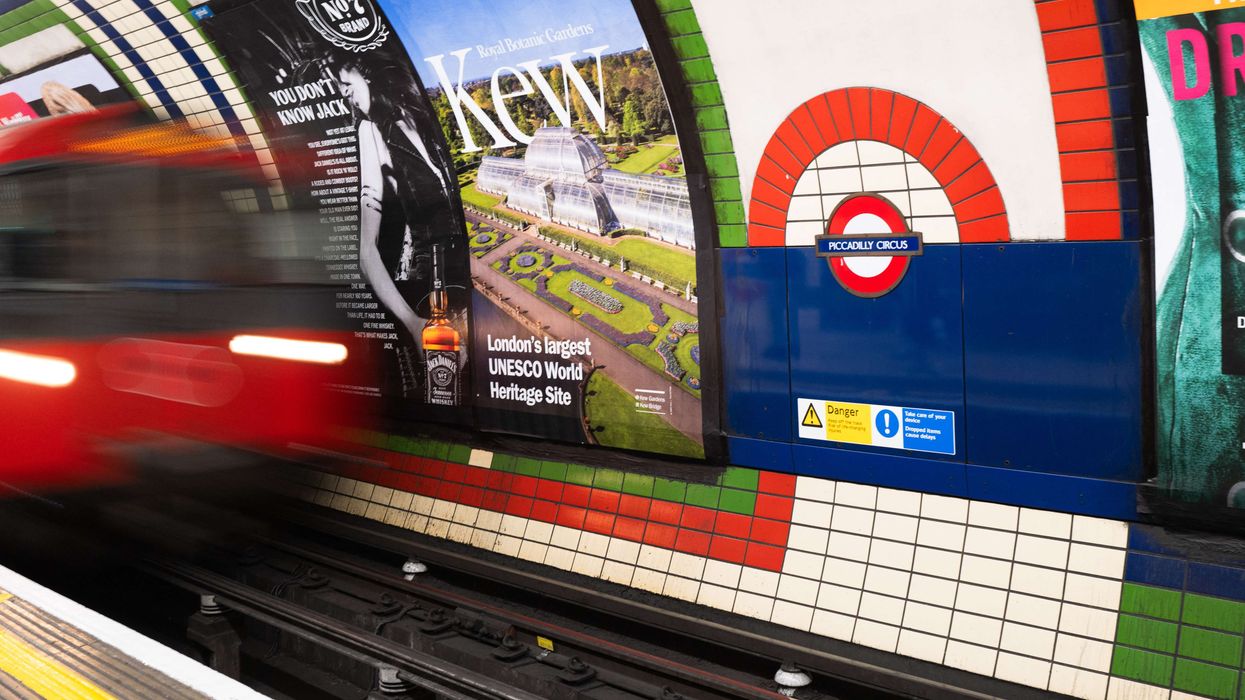BRITISH prime minister Boris Johnson said on Friday(16) it was now time to prepare for a no-trade deal Brexit in 10 weeks time unless the EU fundamentally changed course, though Brussels said talks would continue.
"I have concluded that we should get ready for January 1 with arrangements that are more like Australia's based on simple principles of global free trade," Johnson said.
"With high hearts and with complete confidence, we will prepare to embrace the alternative and we will prosper mightily as an independent free trading nation, controlling and setting our own laws," he added.
Johnson's remarks, which follow an EU demand that London make further concessions, may push Brexit towards disorder, though he still left open the possibility that the EU could change course and offer Britain a better deal.
"Unless there is a fundamental change of approach, we're going to go for the Australia solution. And we should do it with great confidence," he said.
A so-called "Australia deal" means that the UK would trade on World Trade Organization terms: as a country without an EU trade agreement, like Australia, tariffs would be imposed under WTO rules.
Asked if he was walking away from talks, Johnson said: "If there's a fundamental change of approach, of course we are always willing to listen, but it didn't seem particularly encouraging from the summit in Brussels."
The EU said it would continue to seek a Brexit trade accord and that its chief negotiator, Michel Barnier, would be in London next week to intensify the search for a deal.
"The EU continues to work for a deal, but not at any price," said EU president Ursula von der Leyen. "As planned, our negotiation team will go to London next week to intensify these negotiations."
French President Emmanuel Macron said the EU's 27 government leaders were united in their views about Brexit and had tasked Barneir to extend talks with Britain for two weeks.
Britain formally left the EU on Jan. 31, but the two sides have been haggling over a deal that would govern trade in everything from car parts to medicines when informal membership known as the transition period ends Dec. 31.
Johnson had repeatedly asserted that his preference is for a deal but that Britain could make a success of a no-deal scenario, which would throw $900 billion in annual bilateral trade into uncertainty and could snarl the border, turning the southeastern county of Kent into a vast truck park.
Comprehensive trade deal
Johnson said discussions showed the EU would not give Britain a comprehensive trade deal such as the one the bloc has with Canada. "It does seem curious that after 45 years of our membership they can offer Canada terms they won't offer us."
EU officials have said Britain, with the world's 6th largest economy and geographically next door to Europe, poses a much bigger competitive challenge than distant Canada and so cannot be offered a similar accord.
The EU's 27 members, whose combined $18.4 trillion economy dwarfs the United Kingdom's $3 trillion economy, says progress had been made over recent months though compromise is needed.
German chancellor Angela Merkel, Europe's most powerful leader, said it would be best if a deal was struck but that if not then the EU would have to plan for alternatives.
"We have seen light in the past days but also shadows," Merkel told a news conference after a meeting of EU leaders in Brussels.












